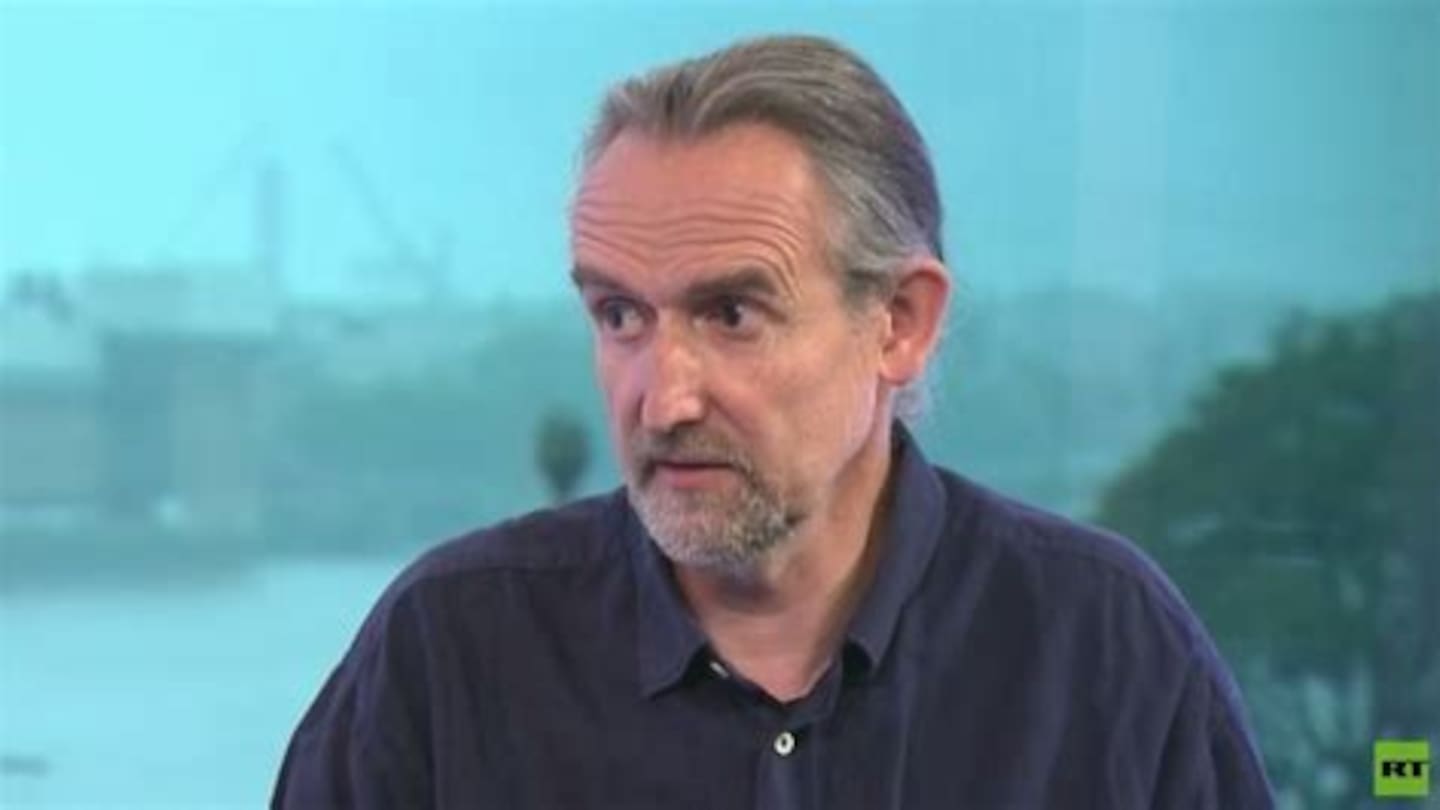More nurses, midwives and nursing associates in the UK than ever before
Our latest Annual data report, March 2024
There are more nurses, midwives and nursing associates on the NMC register than ever: 826,418. That’s an increase of 37,723 (4.8 percent) compared to the same period last year, and 128,184 (18.4 percent) over the last five years.
This includes 765,051 nurses (+4.6 percent since 2023); 44,125 midwives (+5.8 percent); and 10,881 nursing associates (+16.6 percent). There are also 6,361 dual registrants who are both a nurse and midwife (-2.5 percent).
This growth is due, in large part, to the continuous rise in first-time joiners to the register – 59,991 in the last 12 months alone. That’s nearly 15 percent higher than the same period last year (52,193), and almost double the number of joiners compared to 2018-2019 (30,618). The number of UK and internationally educated joiners within the last year was almost equally split – 30,363 and 29,628, respectively.
The year-on-year growth is higher among international joiners, with 29,628 being an increase of more than 18 percent compared to the previous year. Almost half (14,615) of this year’s new joiners were educated in India. The steadily high number of international professionals reflects initiatives such as NHS England’s Maternity International Recruitment Programme which saw more than twice the number of midwives (711) joining from outside the UK compared to the previous year (348).
However, we continue to see proportional rises in first time joiners from several ‘red list’ countries from which active recruitment is not permitted. We remind employers and agencies to follow the relevant codes of practice to help maintain ethical standards and support global health equity.
Continued growth in international professionals, together with an ethnically diverse cohort of UK joiners means the profile of the register continues to change. Professionals from Black and ethnic minority backgrounds now make up nearly a third of the register.
Meanwhile, we’ve seen a slight decrease in leavers as a proportion of the register – from 4.2 percent in the year 2018-2019, to 3.4 percent in the last year.
However, data highlights that one fifth (20.3 percent) of the nurses, midwives and nursing associates who left the register over the last 12 months did so within the first ten years of joining their chosen profession.
Of the professionals who left the register, 7,647 completed our annual leavers’ survey. While retirement remains the top reason for leaving, professionals also cited poor health (both physical and mental), and burnout as the most common factors. Four in five of those citing poor mental health specifically, said their role negatively contributed to this.
While these reasons were consistent among the nursing and midwifery professions, staffing issues, concerns for quality of care and lack of colleague support were more common secondary drivers for midwives. Compared to nurses, midwives were also less likely to recommend nursing or midwifery as a career path.
Most leavers (85 percent) said they had no intention of returning to the professions in the future. Of those who said they might return, one in five said that they would only return to practise outside the UK. In line with findings from last year’s survey, around half of total respondents left earlier than planned - typically five years sooner than expected.
Matthew McClelland, Executive Director of Strategy and Insight at the NMC, said:
“We welcome the record number of nurses, midwives and nursing associates across the UK. This is positive news as professionals face a rising demand for health and social care services, caring for peoples’ increasingly complex and changing needs, and daily workforce pressures.
“As the number of new joiners continues to grow, we are grateful to these professionals, both UK and internationally educated, for the vital care they provide to people every day. We are committed to working with our partners across the sector to provide professionals with the support they need to carry out their essential roles.
“I hope our data can provide the insight we need to support all those on our register, and the wider sector, so they can provide the safe, effective, and kind care the public has the right to expect.”
Read the full UK report, four country specific reports, and data tables on our website.
Further background
- The nursing associate role was introduced in 2019 in England only. It bridges the gap between registered nurses, and health and care assistants. In March 2024, at the request of the Welsh Government the NMC Council agreed to regulate the nursing associate role in Wales, once the necessary legislation is in place. The NMC is working with the Department for Health and Social Care and the Welsh Government to support its implementation.
- The number of joiners, leavers and total people registered won’t add up exactly. That’s because the joiners’ data only includes people joining the register for the first time. It doesn’t include people who re-joined after a break from practising.
- Our permanent register changes every day and can vary considerably from the start of the month to the end of the month. Therefore, our data only offers a snapshot in time. This report gives a snapshot of our register on 31 March 2024.
- The NMC is not responsible for recruitment of nurses, midwives, and nursing associates. The Department of Health and Social Care and Scottish Government codes of practice for the international recruitment of health and social care personnel prohibit active recruitment from ‘red list’ countries designated by the World Health Organisation. The codes do not prevent individual health workers from ‘red list’ countries from seeking employment independently, but employers should not be actively recruiting from those countries.
- International professionals can share their registered UK address through NMC Online.




